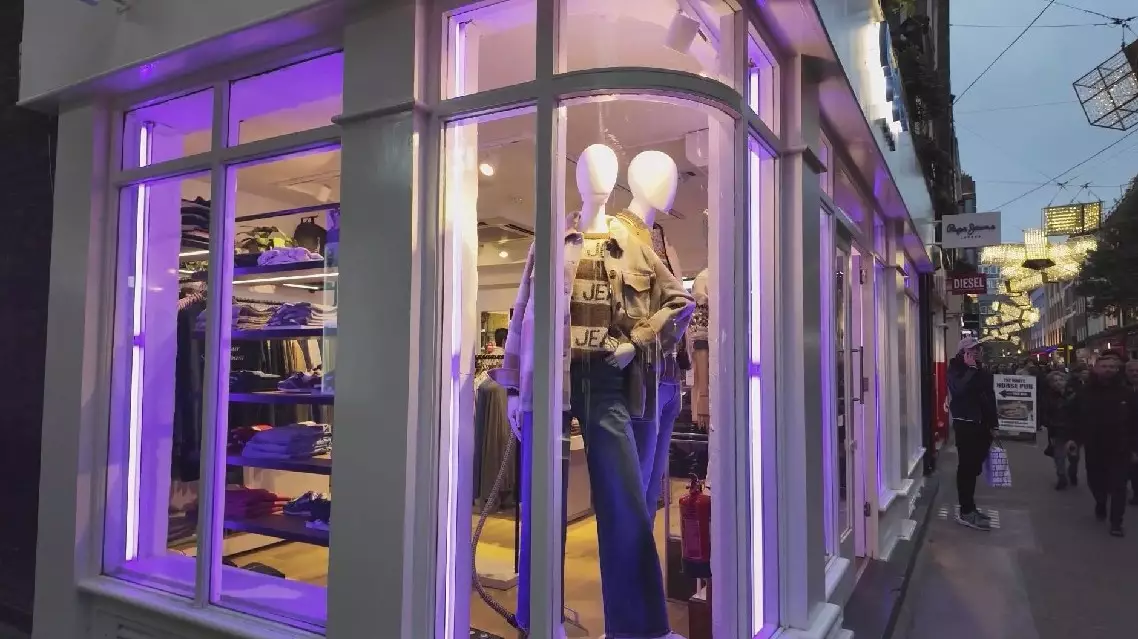Total retail sales in the United Kingdom posted a weak year-over-year growth of 0.6 percent in October, with analysts pointing to surging energy prices that have dampened consumers' willingness to spend.
The data released by the British Retail Consortium (BRC) showed that UK's retail sales growth in the month was significantly lower than September.
With energy prices on the international market rising, the maximum energy price a normal UK family has to pay has increased by about 10 percent since Oct 1, according to UK energy market regulator.
An analysis released by the BRC showed that the expensive energy bills have been reducing the disposable income of normal families and many of them have to prioritize expenditures on food and basic living expenses, resulting in less purchase of non-essential goods like clothes.
Rising energy costs have also been adding pressure on retailers as growing supply chain costs force many of them to price their goods higher, which in turn affects people's willingness to spend, and residents have taken notice.
"They (the prices) have been very extreme. They have gone up, probably, I don't know, 80 percent or something? Ridiculous. Yeah, people have less disposable income now to just go out for a meal. It's now considered a major luxury to be able to go out for a meal," said Gary De Sparham, a London resident.
Even as the cost of living balloons in the country, UK Defense Secretary John Healey said on Monday that the UK government will increase spending on national defense, raising it to 2.5 percent of GDP in the following years with next year's spending to increase by three billion pounds (about 4 billion U.S. dollars).

UK posts weak retail sales growth in October amid surging energy prices









